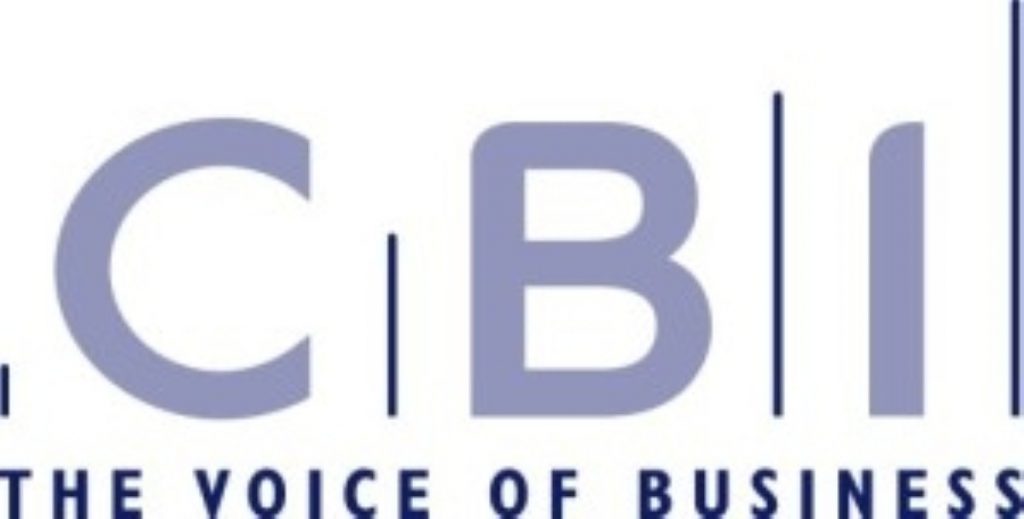CBI wary of A-level shake-up
Business leaders are unconvinced that radical reforms to the exam system will necessarily go hand in hand with improved standards in literacy and numeracy.
Employers’ body, the Confederation of Business Industry, said it was opposed to change for the sake of change and wanted guarantees the Government would go back to basics on English and maths and prevent any threat of standards slumping further.
The CBI’s comments come as former schools inspector Mike Tomlinson prepares to publish his 18-month review of secondary education.
Mr Tomlinson is expected to make the case for jettisoning GCSEs and A-levels and replacing the established exams with a diploma for all students aged 14 to 19.


The diploma will place greater emphasis on vocational training and continuous assessment.
Any changes would come into force by 2014.
Charles Clarke, Education Secretary, is thought to be broadly in favour of the shake-up.
Although business was “absolutely behind” the Government’s drive to improve the education system, CBI deputy director-general, John Cridland said it was an open secret the school system still failed “too many young people.”
The CBI is concerned that many school leavers enter the workforce at 16 unable to read or write with sufficient skill.
Mr Cridland said it was “a national scandal” that so many people cannot read, write or add up properly.
“But while firms want radical action, they will take some convincing that a major shake up of exams will resolve the issue. We are not against change. But we are interested in reform that changes what young people achieve, not on what qualifications are called,” he said.
“Firms want to know exactly how changing qualifications would raise standards in maths and English. Would it ensure the curriculum gives sufficient priority to literacy and numeracy? Would it improve teacher training so teachers have the skills to deal with the issue?
“Indeed, we need reassurance that such a radical shake up would not divert energy and attention from these urgent tasks which we could be getting on with now.
“We will of course work constructively with the Government on this, should ministers press ahead. But they must understand that our interest is in what youngsters can do at the end of a course. Our goal is higher standards, not new structures.”
David Hart, the general secretary of the National Association of Head Teachers, said he would be looking for “strong support” from the Government vis-a-vis the Tomlinson report.
“I don’t want any fudge.”
Conservative Party education spokesman, Tim Collins, said whilst he welcomed Tomlinson’s expected emphasis on reducing coursework and focusing on literary and numeracy, his party was opposed to the idea for A+ and A++ grades.
The Conservatives, he said, wanted to go back to the system used 20 years ago where an A-grade was given if a candidate scored marks in the top five or 10 per cent range.
“The fact is there is only a finite number of places at the best universities or with the best employers and they need to be sure they can allocate them fairly.”
His leader Michael Howard is expected to unveil his party’s wide ranging education plans today.

